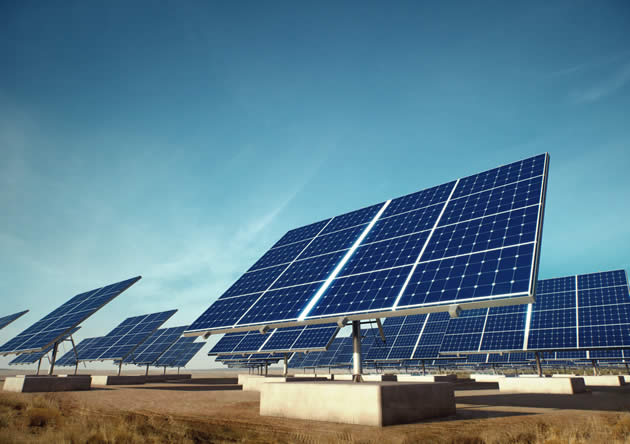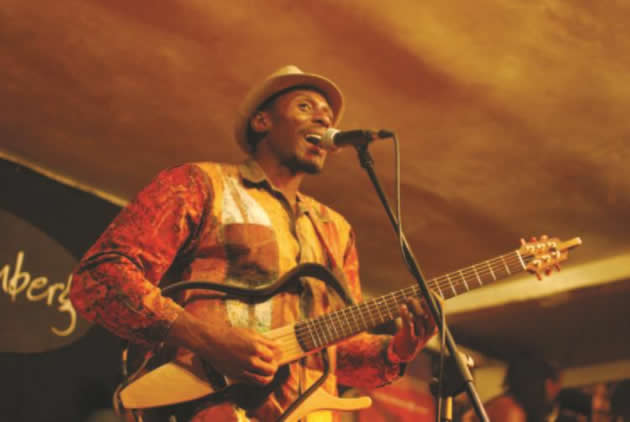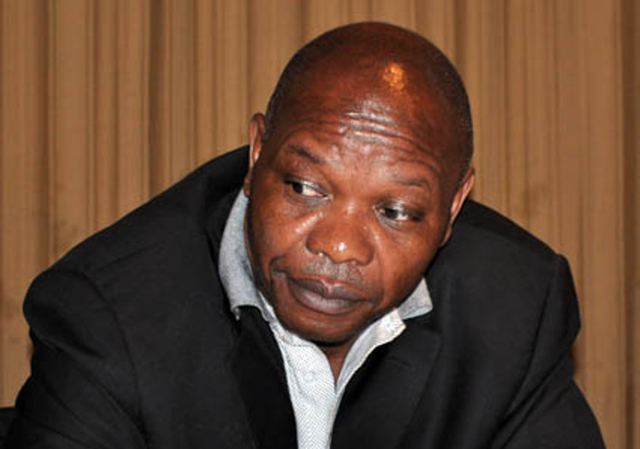‘Tougher laws, new solar lab to weed out counterfeit’


Jeffrey Gogo Climate Story
ENERGY regulator, ZERA, plans to toughen energy laws and set up a $100 000 solar testing laboratory later this year to guard against the proliferation of fake solar equipment. The laws will make it difficult for importers and retailers to deceive consumers, or anyone else, says Zimbabwe Energy Regulatory Authority chief executive Engineer Gloria Magombo.
Solar is a smarter energy, and along with other renewables, has now become central to curbing climate change — causing greenhouse gases emissions.
Fossil fuel based energies such as coal-fired power stations are among the biggest drivers of emissions.
At the laboratory, quality will be tested on solar PV panels, batteries, charge controllers and inverters, for both industrial and domestic use, Engineer Magombo said.
And this will be done in partnership with the national quality control overseer, the Standards Association of Zimbabwe.
Solar photovoltaic is the technology that converts energy from the sun into electricity.
Engineer Magombo said with a solar energy penetration rate of only 18 percent, solar could grow big in Zimbabwe, but so will abuse.
“Currently there are no control measures in place to regulate the solar products on the market,” she said, by email.
“However, the regulations which ZERA is developing will include standards,” making it mandatory “for importers and retailers to conform to the stipulated minimum quality standards” of all solar equipment sold domestically.
Zimbabwe is now looking to cleaner energies like solar and hydro to tame its 15-year energy crisis. Power utility, Zesa, meets only 50 percent of the current 2 200 megawatts demand.
Solar is one of the options the country is pursuing to meet up with targets of increasing the share of renewables in the national energy mix to 20 percent by 2020.
Engineer Magombo said Zimbabwe targets 300MW of on-grid solar within the next two years, if funding can be obtained.
Off-grid solar is already lighting up many rural and urban homes. However, the energy crisis has spawned a crisis of its own.
With the lid off on solar equipment excise duty, the market is now a free-for-all. And taking advantage, some importers have brought in counterfeit. Engineer Magombo professed ignorance over this, and her excuse was that “no such reports have been brought to our attention.” That’s not good enough.
An entire regulatory body has to wait for a report before acting? We wonder, what it is really that ZERA regulates when it has no mechanisms to prove authenticity of the products under its jurisdiction.
The Consumer Council of Zimbabwe does not think ZERA is being serious either.
In January, the consumer body received a complaint from a Harare user over faulty solar panels, said CCZ deputy director Rose Mpofu, by telephone Friday.
In Mutare, two complaints “associated with fake batteries that work with the solar panels” have been lodged since the beginning of the year.
Figures from the CCZ’s three other regions were not immediately available, but it goes without saying many such cases go unreported. Now, that’s why the council has come up with their own laws to protect the “consumer’s right to safe, good and quality goods,” and even examine the product, thoroughly.
Lawmakers have since opened debate on the CCZ’s plans, hoping they become law soon and diffuse ZERA’s report-first inefficiencies.
Currently, quality on solar is controlled through four SAZ standards implemented between 1993 and 1999.
The standards cover PV panels, batteries, charge controllers, and design, sizing and installation of battery-based PV systems.
Identifying a counterfeit is not easy. The naked eye deceives. But when tested, any fake will falter. It may fail to meet the specified product requirement, for instance, battery life span, power output of the solar panel and general system lifespan.
Engineer Magombo is hoping ZERA’s new regulations will build on SAZ’s existing standards, tightening the screws to prevent fakes.
Certification is a voluntary process, however. There is no guarantee that the supplier looking for a quick buck, looking to maximise profits will care to go for quality control, or any form of standardisation.
It remains unclear how the Zimbabwe Energy Regulatory Authority will enforce its plans to ensure compliance by everyone on quality, not to mention pricing.
SAZ says it does not monitor nor is it mandated to control quality on solar equipment.
That’s the Government’s job, and one reason the Association is pushing for a statutory quality control board.
At the time of writing, not a single solar product was licensed on the Association’s voluntary Product Mark Certification Scheme, according to Cyril Siringwani, SAZ’s technical director.
In other words, no-one has been willing to quality check their products, for obvious reasons.
He said: “SAZ does not monitor the quality of products on the market, with the exception of products on the SAZ Product Mark Certification Scheme, which are registered by manufacturers on a voluntary basis.”
However, the standards body can be generous, too. Mr Siringwani said SAZ was now compiling a report “concerning fake batteries (automotive and solar) for the benefit of the public.”
In future, ZERA will accredit suppliers of authentic renewable energy equipment. That information will be released to the public, said Engineer Magombo, but standards must first be set, and met.
God is faithful.








Comments